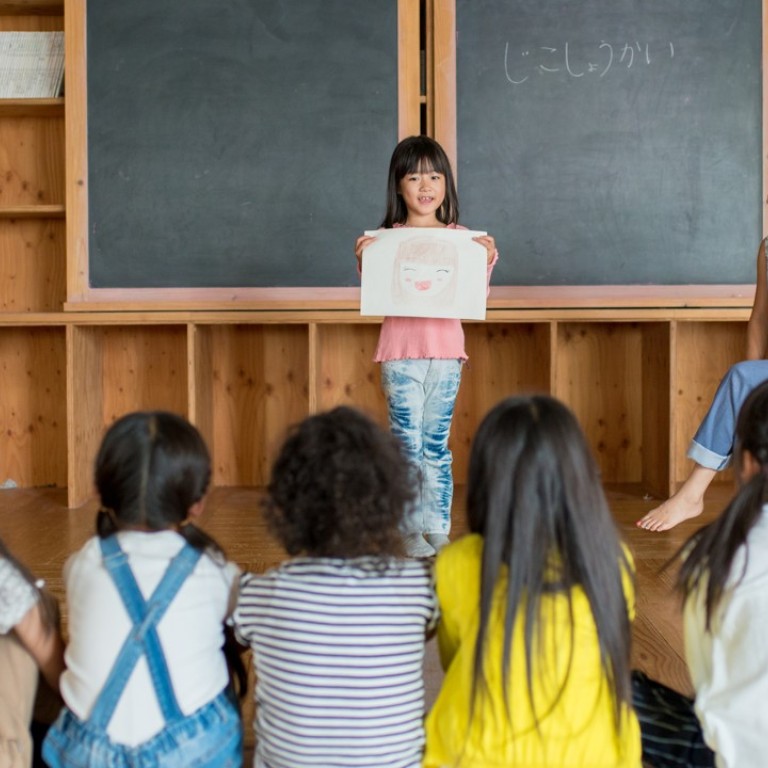
Confidence is the key to great achievement
To help children succeed, it is vital to praise them for what they can do, and not find fault over what they can’t. Trying – and mastering – a new activity feeds a virtuous circle that spills over into other skills and subjects
“Optimism is the faith that leads to achievement. Nothing can be done without hope and confidence” said Helen Keller, the first deaf and blind person to graduate with a bachelor’s degree over a century ago. I couldn’t agree more with her sentiments. I strongly believe that every child can achieve success by building up their confidence.
Firstly, it is important to praise what they can do, and not find fault about what they cannot do.
However, overusing praise does not help a child’s development. Instead, you should comment on how well something has been done when it is worthy of mention. As in all things, a balance must be struck – too much and it becomes worthless, too little and the effect is limited.
In education, labelling children from a young age is inhibitory to a child’s development. Once you identify a child as being at one level, you run the risk of limiting progress and not extending them sufficiently.
Every child is an individual who is unlikely to be equally good at all subjects and display universally equally high skills. Every child is good at something or has particular skills in whole or in part. It is the job of every teacher and parent to find them and develop them fully.
That is why subjects like art, music, drama and PE are so important. They open doors for children, help them to develop talents and new skills and, most significantly, boost the child’s confidence.
There is no greater pride or sense of fulfilment for a teacher or parent than to see the child blossom and grow in confidence.
Last year, I watched a drama performance by secondary students given to our Year 1 children at Christmas. It was very well done and the audience enjoyed it very much. For me, however, the greatest satisfaction was to see the confidence displayed by two students I had enrolled three years previously. Then, they were so shy and reserved that they could barely speak or raise their heads; now they were confidently delivering their lines.
Equally, we had a seven-year-old boy arrive in the school with absolutely no knowledge of English. Six weeks later, it was a joy to see him holding the microphone and leading his class’s assembly in front of the whole school.
Awarding certificates, displaying work in the classrooms and corridors, and praising good work when you see it, are all good ways to raise a child’s confidence and generate success. Trying an activity you have never attempted before, and discovering a new talent or skill, all contribute to the building up of confidence, which spills over into other subjects. It is a virtuous circle of success and confidence.
“Life is not easy for any of us,’ said the famous Nobel Prize-winning scientist Marie Curie. “But what of that? We must have perseverance and, above all, confidence in ourselves. We must believe that we are gifted at something, and that this thing, at whatever cost, must be attained.”

